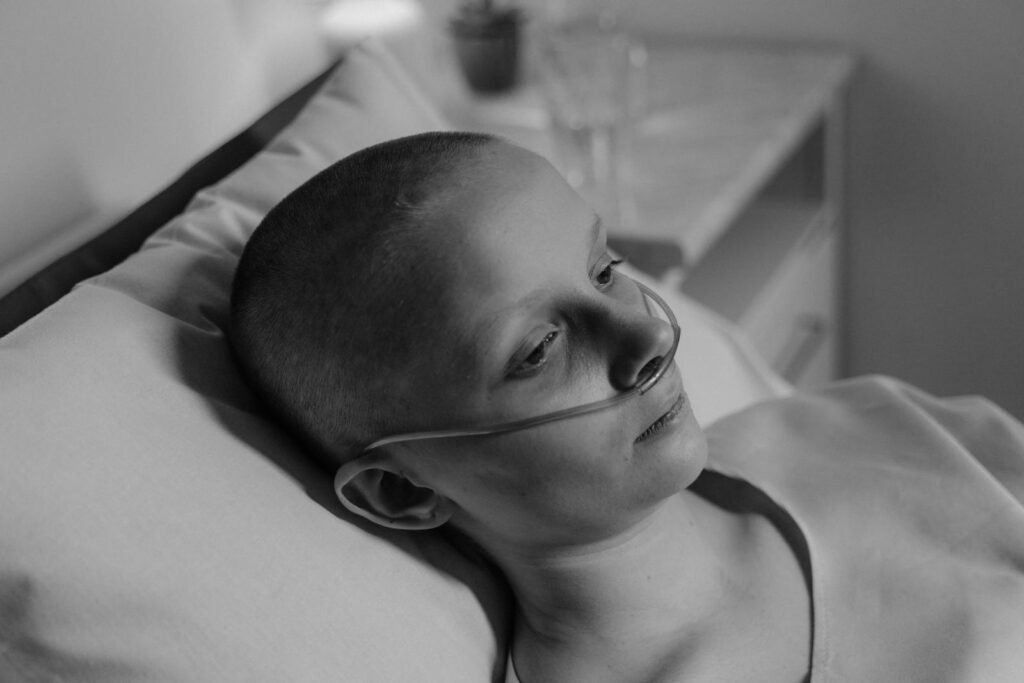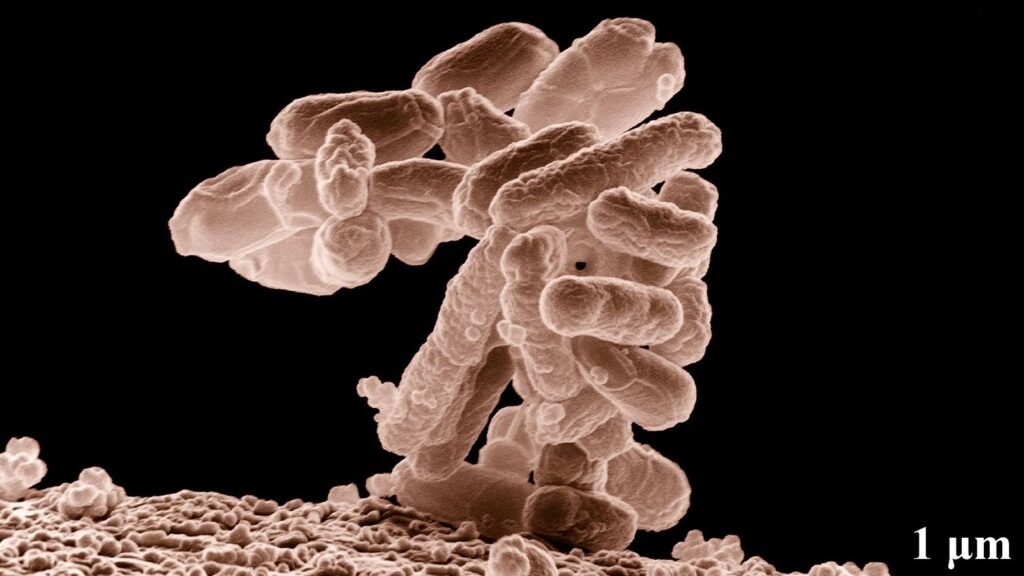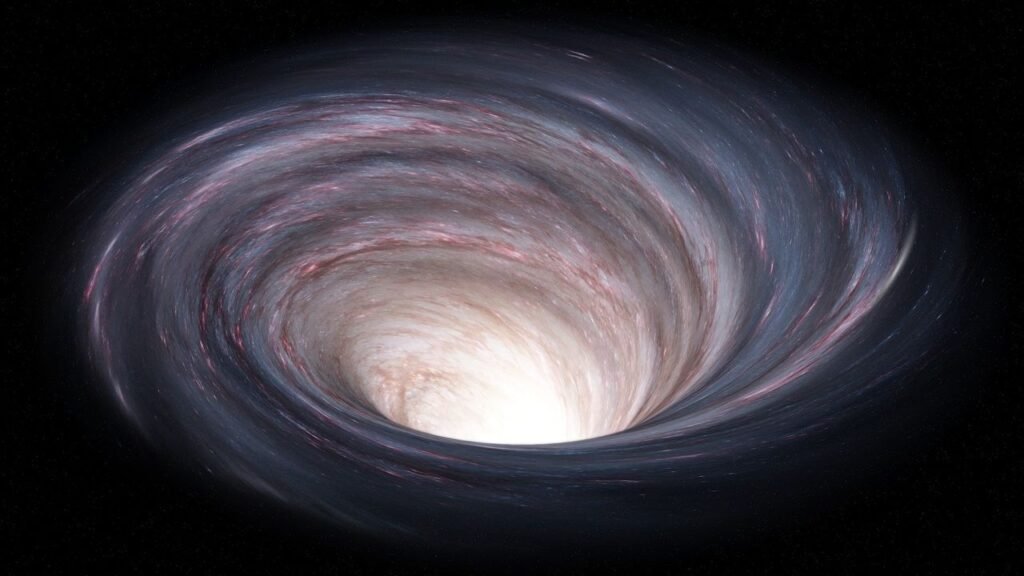People thought for a long time that cancer was a disease that only older people got, mostly in their later years. But something troubling is happening: more adults under 50 are being diagnosed with cancer than ever before. Researchers are scrambling for answers as the number of early-onset cases of breast, colorectal, kidney, and uterine cancers rises steadily.
A study published in Cancer Discovery in 2024 shows that 14 different types of cancer are becoming more common in younger adults. Breast, colorectal, uterine, and kidney cancers are the ones that are growing the fastest. The numbers are still small, but the trend is worrying, especially since many of these cancers are aggressive and found at later stages.
What is causing this rise? Addressing the issue requires considering a multitude of contributors such as shifting lifestyles and reproductive health, improved healthcare access and diagnostics, along with environmental factors. The unanswered question explains the enigma not merely as a medical problem, but an emerging public health crisis fuelled by youths attempting to redefine mid-life thresholds shapes and centers evolving norms.
The Numbers Don’t Lie: Early-Onset Cancer Is Rising
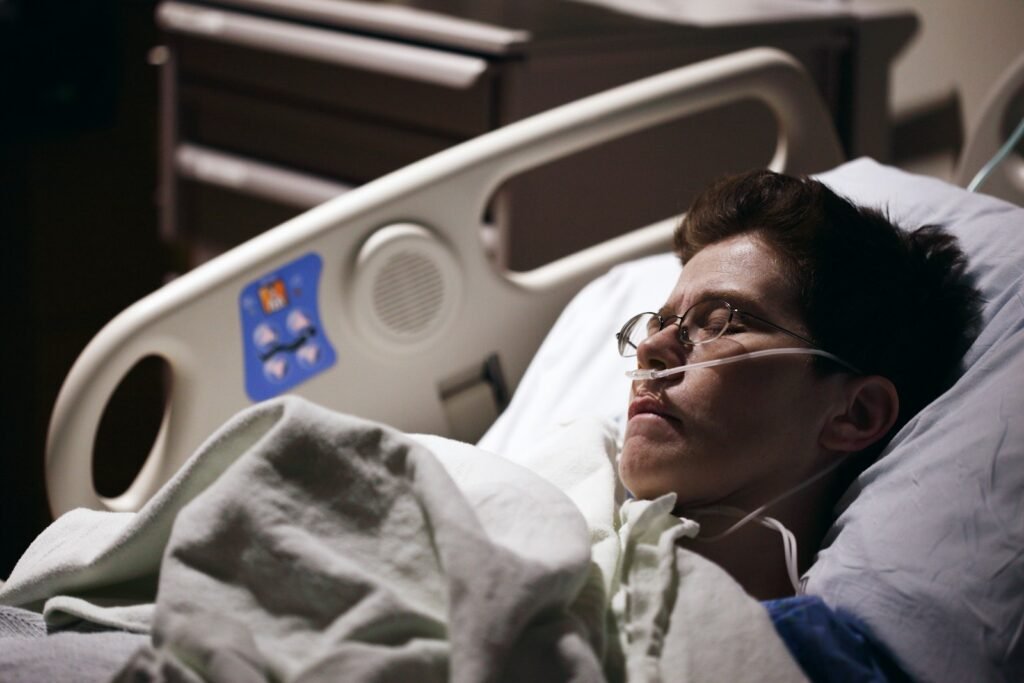
From 2010 to 2019, the number of early-onset cancer diagnoses in the U.S. went up for people of all ages:
- Breast and uterine cancers went up in all younger age groups (15–49).
- Colorectal and kidney cancers rose the most in people aged 30 to 49.
- More than 80% of the new cancers found in 2019 (compared to 2010) were in one of these four groups.
Dr. Miranda Fidler-Benaoudia, a cancer epidemiologist at the University of Calgary, says, “A few percentage points per year might not seem alarming.” “But over the course of two or three decades, these small increases add up to something much bigger.”
Obesity: A Silent Driver of Multiple Cancers
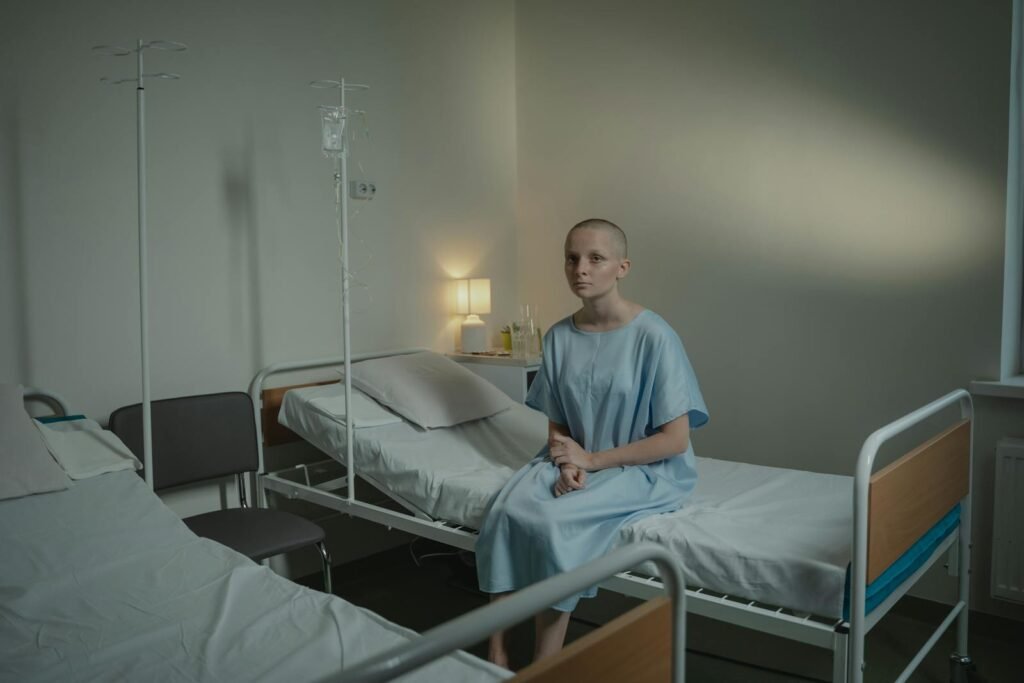
Obesity is one of the most common causes. Researchers have found a link between being overweight and colorectal, kidney, and uterine cancers, all of which are on the rise in younger adults.
- A study from 2024 found that obesity could be linked to more than half of uterine cancer cases in women under 50.
- Since 1990, obesity rates globally have doubled, and the youth are facing unprecedented metabolic stress.
Dr. Tomotaka Ugai from Harvard comments, “We used to think that cancers related to obesity took decades to develop,” but we are seeing these cases in people in their 30s.”
Reproductive Changes and Breast Cancer Risk

Changes in the patterns of women’s health may impact the incidence rates of cancer:
- Menstruation begins at age 12, down from 14 a century ago.
- Fewer pregnancies as well as delayed first births are associated with an increased risk for breast cancer.
- Usage of birth control pills which may mildly increased earlier lifetime incidence of breast cancer (although protective against ovarian and endometrial cancers).
“Reproductive history matters,” Fidler-Benaoudia states. “These changes are subtle but accumulate over a lifetime.”
Genetic Screening: Finding Cancer Sooner
Better detection is not only a good thing, but it also changes the numbers.
- People with BRCA mutations (which put them at high risk for breast, ovarian, and prostate cancers) now start screening earlier.
- New guidelines are helping doctors find people with Lynch syndrome (which is linked to colon, stomach, and brain cancers) sooner.
- Detection rates are also going up because of incidental findings, such as kidney tumors found during scans that weren’t looking for them.
Dr. Meredith Shiels of the National Cancer Institute says, “We’re catching cancers that might have gone unnoticed before.”
Environmental Exposures: A Hidden Threat?
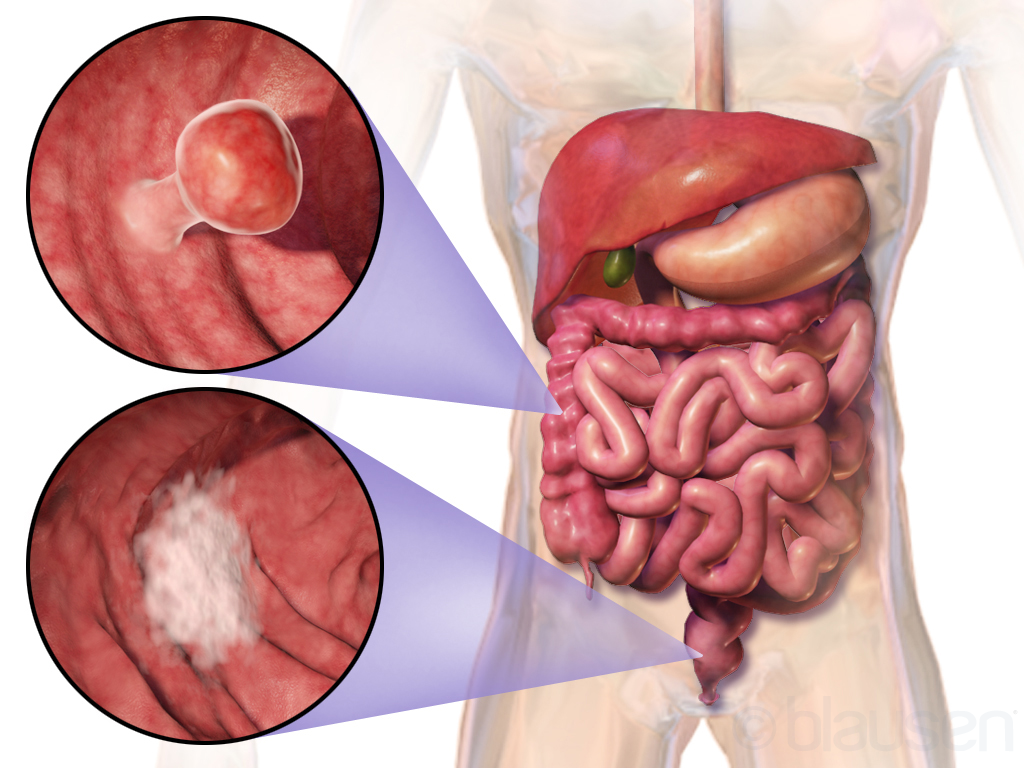
Might exposure to chemicals at an earlier stage of life be predisposing young adults to developing cancer?
- In the 2023 edition of Nature, evidence was presented that certain gut microorganisms synthesize colibactin which damages DNA. This phenomenon is observed in people with early-onset colorectal cancer.
- Other suspected culprits are processed foods, microplastics, and pollution; although proving these relationships directly is difficult.
“What we need are longitudinal studies monitoring individuals from childhood,” adds Shiels. “But funding such studies is a challenge.”
Can We Reverse the Trend?

There isn’t one solution that works for everyone, but experts suggest:
- HPV vaccines stop cervical and throat cancers from happening.
- Protecting yourself from the sun lowers your risk of melanoma.
- Cutting back on smoking and drinking lowers the risk of many types of cancer.
Ugai says, “The goal isn’t just to treat cancer.” “It’s to stop it before it starts.”
The Big Question: Why Now?
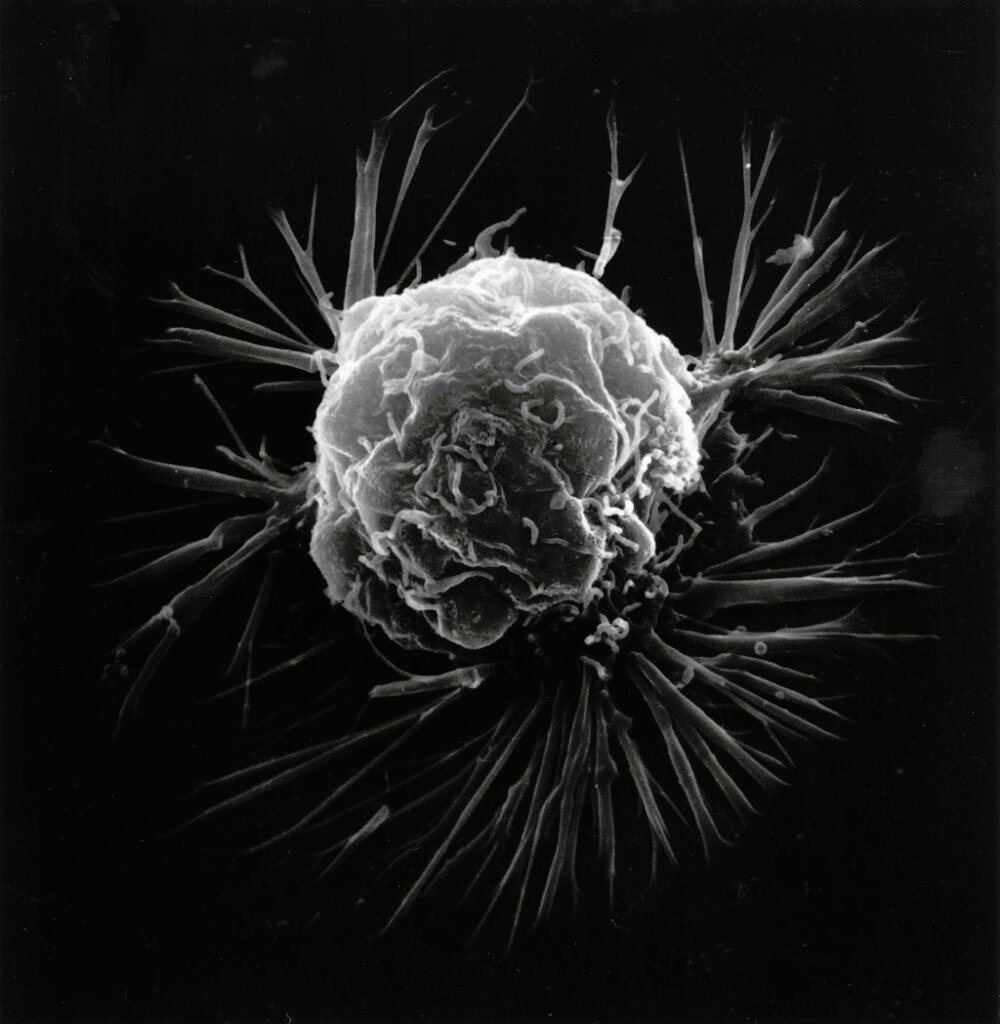
The rise in cancers that start early isn’t random, it’s a sign of how we live now. Today’s 30-year-olds have biological stressors that their grandparents didn’t have, like ultra-processed diets and not moving around much.
“This isn’t just bad luck,” says Fidler-Benaoudia. “It’s a wake-up call.”
One thing is clear as research goes on: cancer is not just a disease that affects older people. And to solve this puzzle, we need to do more than just take medicine; we need to change the way we live.
Sources:

Jan loves Wildlife and Animals and is one of the founders of Animals Around The Globe. He holds an MSc in Finance & Economics and is a passionate PADI Open Water Diver. His favorite animals are Mountain Gorillas, Tigers, and Great White Sharks. He lived in South Africa, Germany, the USA, Ireland, Italy, China, and Australia. Before AATG, Jan worked for Google, Axel Springer, BMW and others.

